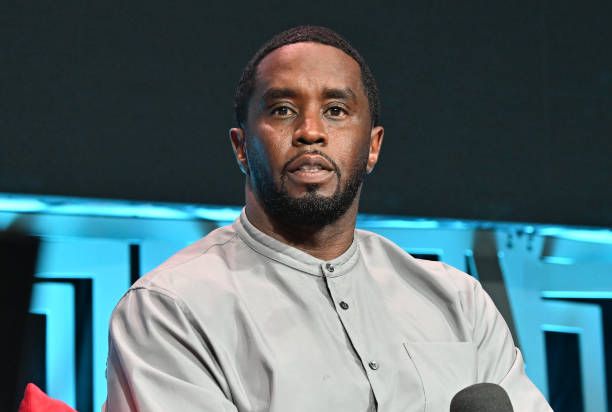From Hip Hop to Prison: The Rise and Fall of Sean “Diddy” Combs
Sean “Diddy” Combs, once one of the most influential figures in global entertainment, is now serving a prison sentence that has shocked fans and industry insiders alike. At 55 years old, the rap mogul who once embodied the glitz and ambition of hip hop faces more than four years behind bars, marking one of the most dramatic downfalls in modern music history.
Born in Harlem in 1969, Sean Combs grew up in Mount Vernon, New York, with dreams far bigger than his surroundings. He entered the music industry as an intern at Uptown Records before quickly rising to become a talent director. By the early 1990s, he founded Bad Boy Records, a label that changed the face of hip hop.
Through Bad Boy, Combs nurtured the careers of some of the genre’s most celebrated names, including The Notorious B.I.G., Mase, Faith Evans, 112, and Total. His sound defined an era—blending street grit with glossy production, rap bravado with mainstream crossover appeal. His artistry extended beyond producing; as Puff Daddy, he released hits like “Can’t Nobody Hold Me Down” and “Mo Money Mo Problems,” which dominated charts and reshaped pop culture.
The 1997 release of “I’ll Be Missing You,” a heartfelt tribute to Biggie after his tragic murder, became a global phenomenon. The song topped the Billboard Hot 100 for 11 consecutive weeks and earned Combs a Grammy. By then, he was more than a producer or rapper—he was a cultural architect.
Combs’ ambition stretched far beyond music. In 1998, he launched Sean John, a fashion label that brought hip hop style into mainstream luxury retail. The brand earned him the Council of Fashion Designers of America (CFDA) award for Menswear Designer of the Year in 2004, a recognition rarely given to music stars.
He expanded into television, film, and beverages, taking a stake in Cîroc Vodka that was later valued in the hundreds of millions. He also launched media platforms, including Revolt TV, cementing his reputation as a savvy businessman who knew how to monetize culture. Forbes often listed him among the richest figures in hip hop, with net worth estimates once reaching nearly $900 million.
Lavish parties, yachts, private jets, and relationships with stars like Jennifer Lopez made Combs a permanent fixture in tabloids. For a generation, he symbolized the flashy success that hip hop promised.

Sean “Diddy” Combs
But as the empire grew, so did the controversies. In the 2000s and 2010s, Combs faced lawsuits ranging from workplace harassment to violent altercations. Allegations of misconduct and abuse began to surface more frequently, though many were settled out of court.
By the early 2020s, the lawsuits intensified, with multiple women accusing him of sexual assault, coercion, and exploitation. Federal authorities began probing his businesses and personal conduct. His arrest in September 2024 was the turning point. Prosecutors alleged that Combs orchestrated a network of coercion disguised as lifestyle and entertainment, with claims that blurred the line between excess and criminality.
Though acquitted of the most severe racketeering and sex trafficking charges, the jury found him guilty in July 2025 of transporting individuals for prostitution—a federal offense that carries significant penalties.
In October 2025, U.S. District Judge Arun Subramanian sentenced Combs to 50 months in prison, a multi-million dollar fine, and five years of supervised release.
In court, Combs broke down in tears, apologizing for his “shameful and sick” actions. But the damage was irreversible. Sponsors and business partners cut ties almost immediately. His television projects were shelved, Sean John’s reputation collapsed, and his stake in Cîroc became tarnished by scandal.
The man once hailed as hip hop’s ultimate hustler was now reduced to a federal inmate. His empire, once worth hundreds of millions, is fractured.
Sean “Diddy” Combs’ story is one of extremes—extraordinary talent, visionary ambition, and boundless success overshadowed by excess, abuse, and eventual disgrace. For decades, he symbolized the dream of turning street hustle into global dominance. Today, his name is a reminder that unchecked power and privilege can bring even the most untouchable stars crashing down.
From platinum records and fashion runways to a prison sentence, Diddy’s journey stands as a cautionary tale: in the pursuit of fame and fortune, accountability cannot be escaped.